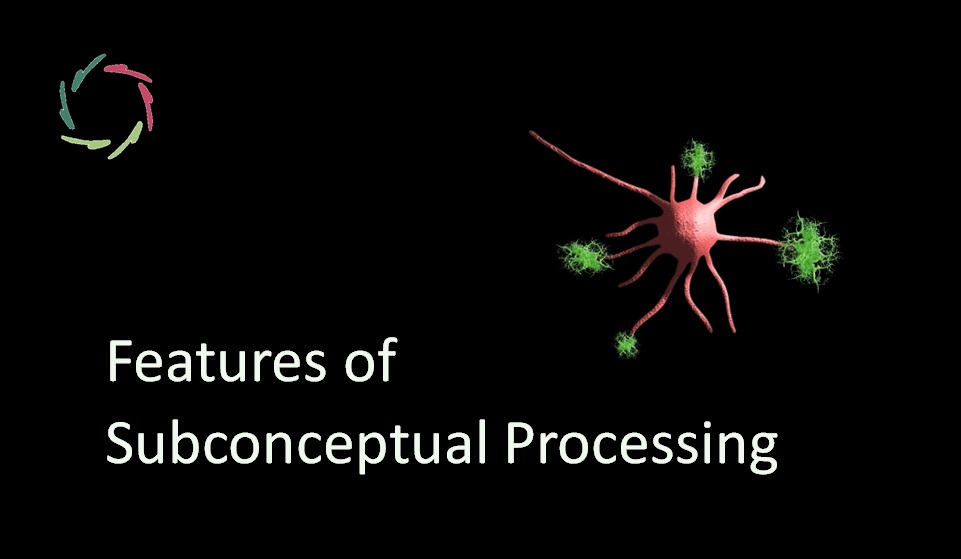Collision versus Overlap

This is about two ways of being a human being, as an individual and a social being. It goes all the way from deep inside the brain to the ordering of society.
Collision: from the outside, entities clash with other entities.
Overlap: Entities learn to know other entities from the inside without losing themselves ― no merge.
Over a longer timeframe
At present, people seem to be getting increasingly prone to a collision mode of acting and interacting. Others are enemies or competitors. You don’t overlap with those. One way or another, you fight them.
The winner takes it all. In business, for instance, this leads to big players. Globally, it leads to a relentless striving for money, resources, and sheer power. Afraid of others, peoples build armies. “What’s in it for me?” is advertising’s mantra. Meanwhile, people are reduced to consumers, driven to consume so that others can consume even more.
Inside one’s mind
Collision versus overlap is relevant as to the way mental-neuronal patterns behave. [see: “Patterns in Neurophysiology“] They always overlap to some degree, but this degree can be pronounced more or less.
The result is a person who is more prone to either superficial or deep thinking. It’s certainly not the only factor in this, but it is an important one.
A good artist (or scientist), for instance, needs to train his mind/brain towards much overlap of patterns. By doing so, he can reach towards new patterns that shine an original light on some issue. The artist can discover what is profoundly important to many people. The scientist can find novel ways to overcome longstanding problems.
Conceptual versus subconceptual
The above description is not the end of the story. Subconceptual thinking is more overlap-oriented, while conceptual thinking is also vital for healthy mental processing.
Even in his art, the artist needs the conceptual side. In the case of the artist, there is no doubt.
Too much Is never OK.
In exaggerated overlap, one may lose oneself. Socially seen, this is an altruistic stance but not viable in this world.
Exaggerated collision leads to conflict, intra-, and inter-individually. It leads to not knowing the other and even not knowing oneself. It leads to internal aggression that gets projected to external aggression. It leads to inner dissociation. [see: “Inner Dissociation is NEVER OK!“]
We need a sound synthesis of collision and overlap.
How-to?
In psychotherapy, I don’t see much focus upon overlap. The mental illness is to be fought or eradicated according to the current medical model. [see: “Medicine of War. Medicine of Peace.“]
In my personal communications with psychotherapists, I see that many don’t realize what overlap may be about, or don’t practice it. This way, empathy is seen as something at the sideline, not at the center of the therapy itself. This is very different in AURELIS coaching. [see: “Inner vs. Outer Change of Patterns“]
Compassion
All roads lead to Compassion, so it seems. In the context of this issue, Compassion means a continual search for sound synthesis of collision and overlap. There may be individual differences in interpretation.
In my view, collision is relevant mainly to make overlap more feasible, something like several stones around a bonfire. [see: “Fire and Stones“]
Is this also a theme for future politics?
Being about two ways of being a human being, I guess it’s a profoundly societal and thus also political issue of times to come. Might AURELIS ever play a role in this?
If you would intend to vote ‘pro,’ please let me know.


